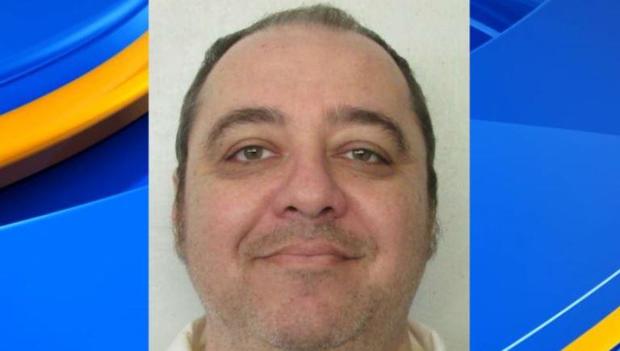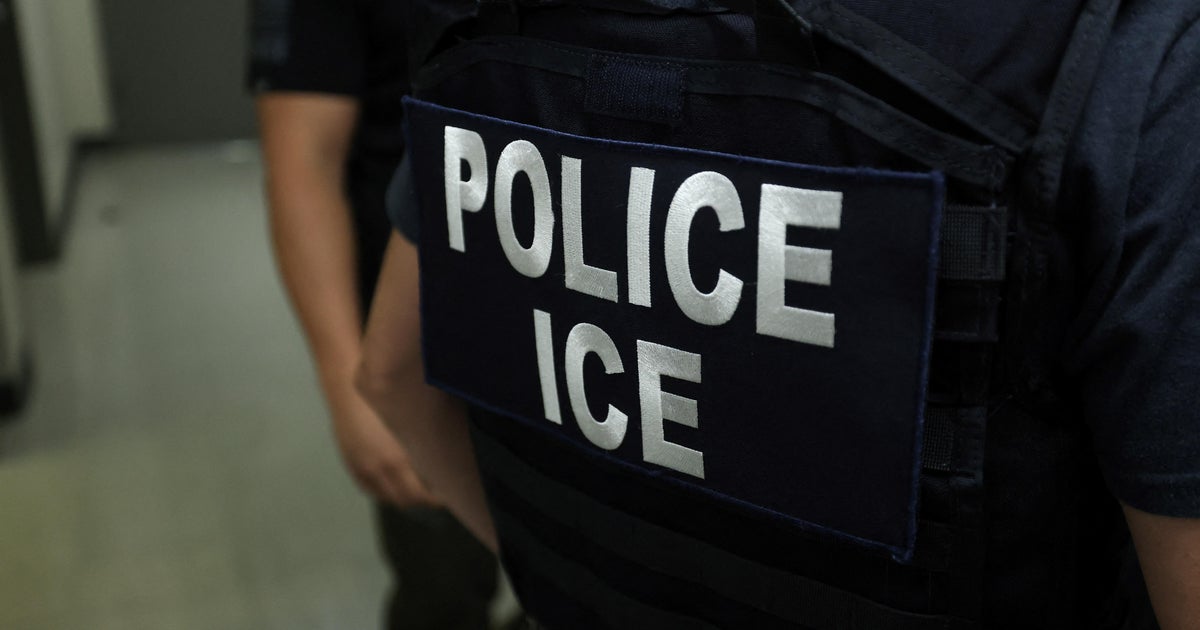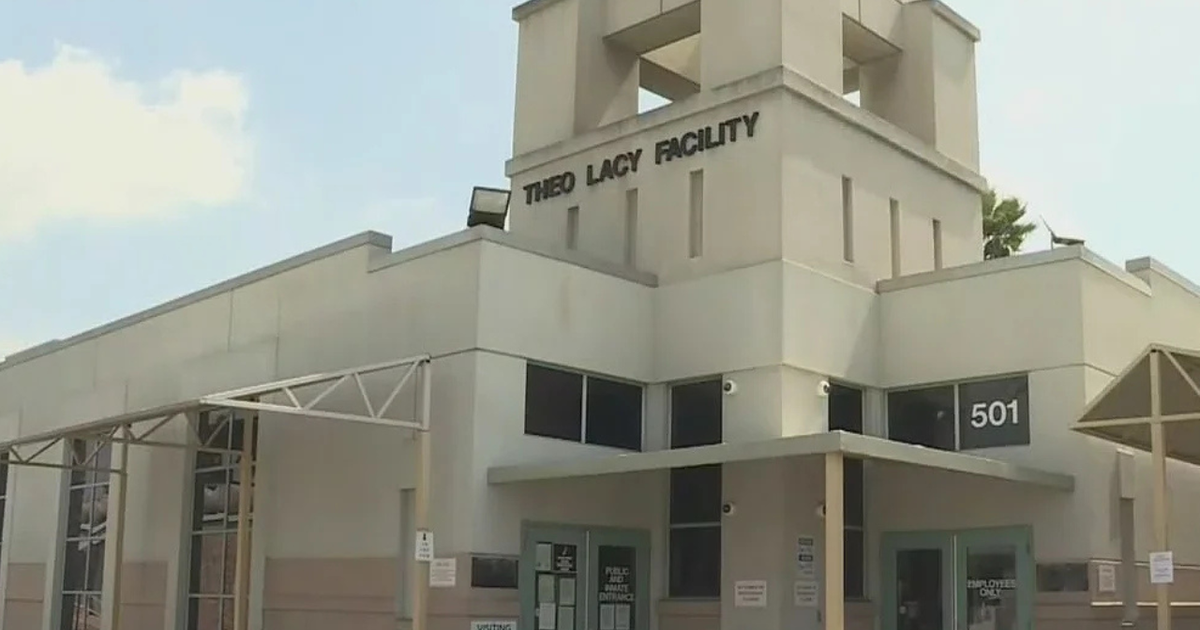Alabama execution using nitrogen gas could "amount to torture" and violate human rights treaties, U.N. warns
Update: Kenneth Eugene Smith was executed by nitrogen hypoxia on Thursday, Jan. 25. Read the latest here. Our earlier story is below.
The top human rights official at the United Nations is calling on Alabama authorities to stop the planned execution of a death row inmate by nitrogen hypoxia next week, reiterating concerns from experts about whether the untested method constitutes torture under international treaties. The inmate, Kenneth Eugene Smith, already survived a botched execution attempt by lethal injection in 2022.
"We are alarmed by the imminent execution in the United States of America of Kenneth Eugene Smith, through the use of a novel and untested method – suffocation by nitrogen gas, which could amount to torture or other cruel, inhuman or degrading treatment or punishment under international human rights law," said Ravina Shamdasani, the spokesperson for Volker Türk, who is the U.N. High Commissioner for Human Rights, in a statement issued Tuesday.
In an earlier statement released several weeks ago by the U.N. human rights office, a group of international consultants noted that there is "no scientific evidence to prove" that execution by nitrogen inhalation will not cause "grave suffering," and said they were "concerned that nitrogen hypoxia would result in a painful and humiliating death."
The U.N. human rights commissioner on Tuesday said the office now has "serious concerns" that Smith's planned execution could breach two international human rights treaties that the U.S. has agreed to abide by — the Covenant on Civil and Political Rights and the Convention against Torture and Other Cruel, Inhuman or Degrading Treatment or Punishment.
The first treaty, adopted by the U.N. in 1966 and put into effect 10 years later, requires involved nations to respect the civil and political rights of its people, including their right to life, due process and fair trials. Congress ratified the pact in 1992 with several reservations, and those changes have called into question the treaty's effectiveness in the U.S. as implemented in the U.S. The U.S. signed onto the second treaty against torture around the same time, although the agreement in that instance included a clause that rejected the treaty's application to capital punishment, as long as the death penalty is carried out in a way that aligns with the Constitution.
Kenneth Eugene Smith would be the first person in the U.S. put to death using nitrogen gas if the execution proceeds as scheduled on Jan. 25. Smith has been imprisoned in Alabama for decades, since being convicted as a hitman in the 1998 killing of a preacher's wife, and already survived a failed execution attempt by lethal injection in November 2022. His was one of four botched lethal injections in Alabama in the last four years — which twice led ultimately to the deaths of the condemned inmates after prolonged periods — and the state as a result has faced scrutiny and legal challenges questioning its ability to carry out the death penalty at all.
In the wake of a national shortage of lethal injections, Alabama authorized nitrogen hypoxia as an execution method in 2018. It is one of three U.S. states that technically allows this, along with Oklahoma and Mississippi, but the method has never actually been used before. The method forces a condemned inmate to breathe pure nitrogen, or extremely concentrated levels of nitrogen, through a gas mask until they asphyxiate.
Because it has never been tested, and even veterinarians have refused to use it when euthanizing animals, many oppose its implementation in capital punishment settings and warn that nitrogen hypoxia may potentially cause unnecessary pain and suffering. That same argument has been used against nitrogen hypoxia as a means for euthanasia, along with the fact that setting off a stream of nitrogen gas may pose health threats to other people in its vicinity.
Alabama released its first protocol for execution by nitrogen hypoxia in August, and while it outlined some safety measures, the heavily redacted documents also acknowledge the risks of handling nitrogen gas. As the U.N. human rights commissioner noted in Tuesday's statement, "Alabama's protocol for execution by nitrogen asphyxiation makes no provision for sedation of human beings prior to execution," which departs from the American Veterinary Medical Association's recommendation to sedate animals before they are euthanized in this way.
"The protocol also refers to the odourless and colourless gas being administered for up to 15 minutes," the statement said. "Smith has also advanced, with expert evidence, that such an execution by gas asphyxiation in his case risks particular pain and suffering."
A federal judge on Wednesday ruled that Alabama could go ahead with plans to put Smith to death using nitrogen gas. Smith's attorneys had sought an injunction to stop the Jan. 25 execution and accused the state of Alabama of trying to use him as a "test subject" for an experimental method. Smith's lawyer said he intended to appeal the decision, according to the Associated Press.




